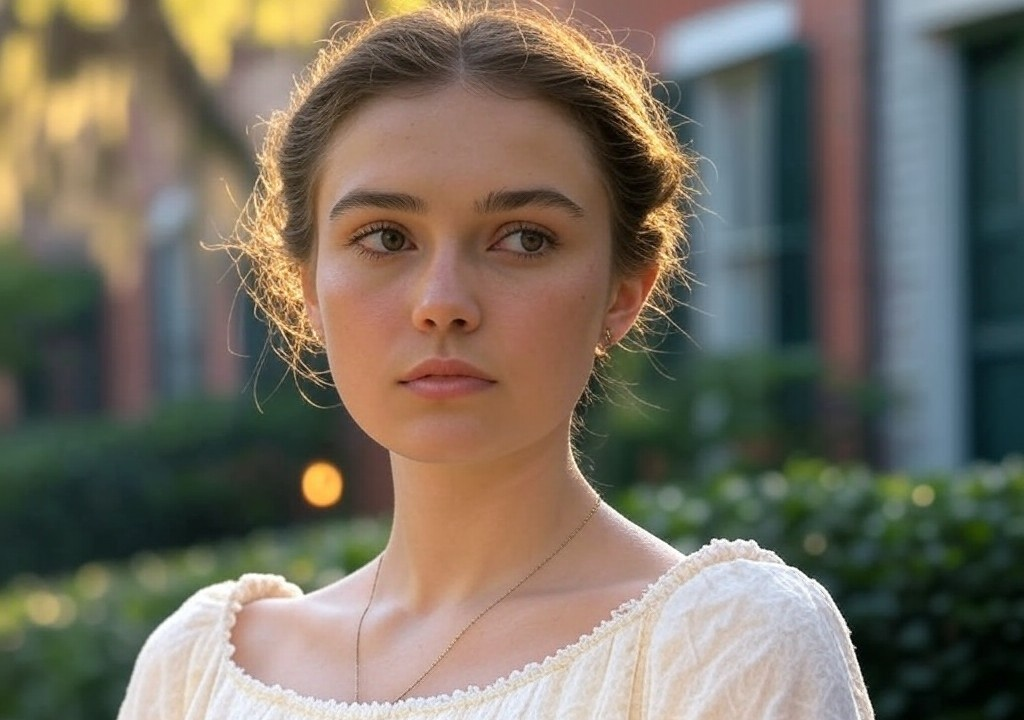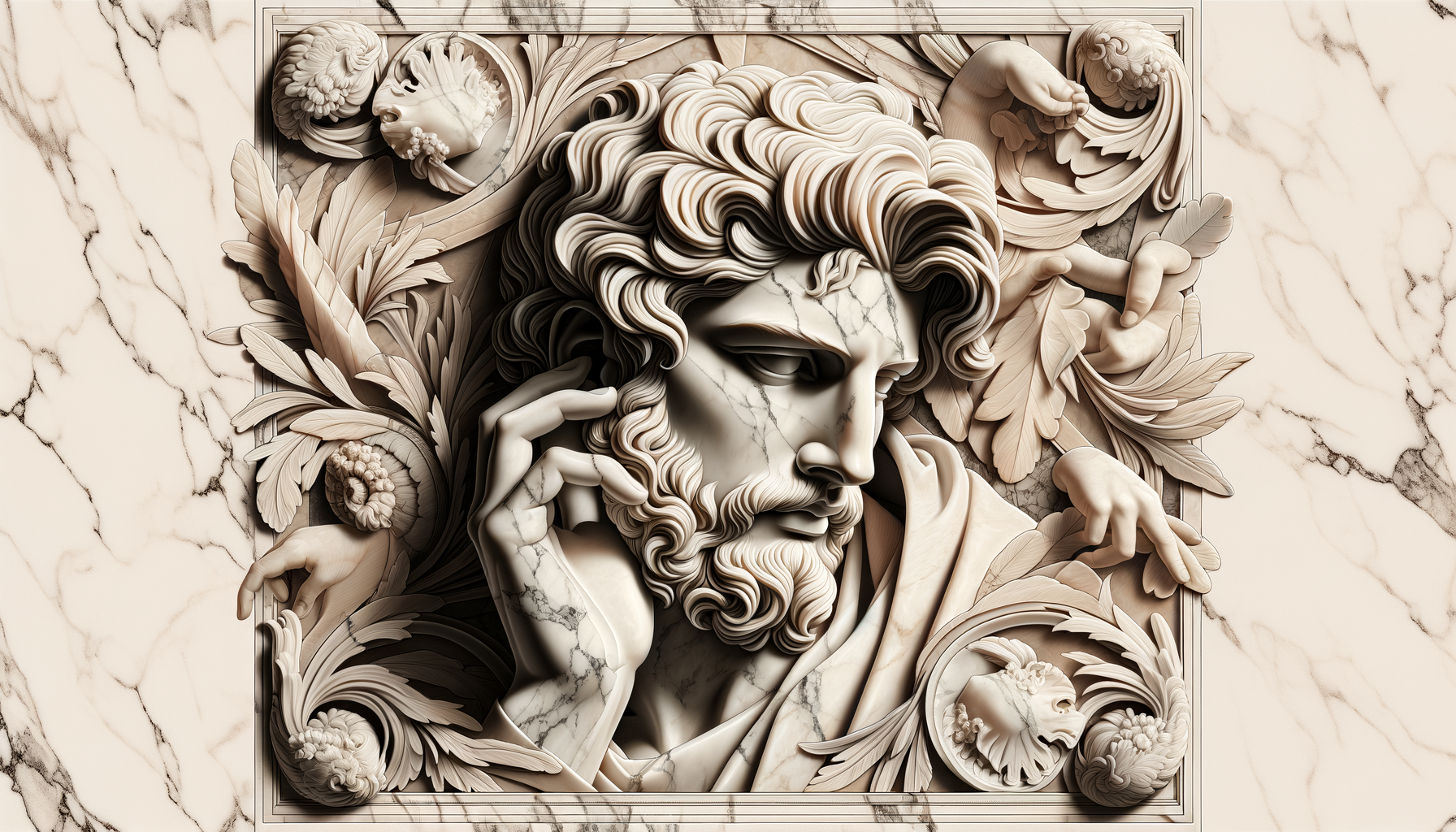It was a Sunday morning in Savannah, the kind of sultry summer day where the air wraps around you thick as molasses, daring you to do more than simply exist. I had just wandered out of one of my favorite coffee spots on Broughton Street, a steaming latte in hand and a head swimming with half-formed plot ideas for a novel I was supposed to be writing. Lost in thought, I nearly walked smack into him: the stranger who changed the way I viewed relationships.
This man radiated something instantly noticeable but impossible to pin down. Not charisma, exactly—more like the easy confidence of someone entirely comfortable in their own skin. He carried a slim book tucked under his arm, the cover too faded to decipher from a distance but somehow profound just by association. He nodded politely (because, Savannah) and asked, "What’s good around here for breakfast?"
Now, as someone who spent years guiding tourists through antebellum homes, I could wax poetic about where to find the fluffiest biscuits or the crawliest shrimp in a five-mile radius. Yet, caught off guard, I blurted, "Are you a tourist or just…lost?"
He laughed—not a fake, polite chuckle, but a hearty, head-thrown-back kind of laugh that fills the spaces between Spanish moss and stucco. “A little of both, I guess." And just like that, our conversation unfolded.
Charmed by the Unexpected
I discovered he was passing through town, a mid-thirties professor on a research sabbatical, though he looked more like someone you’d expect to find fixing vintage motorcycles or perhaps reciting spoken-word poetry at a dive bar. He invited me to join him for breakfast, and because where else was I going to channel my creative procrastination, I said yes.
Let me tell you: there’s something oddly freeing about sharing a meal with a stranger. No expectations, no shared history or projected future, just two people suspended in a single moment. The best way I can describe it is like a first date, minus the performance anxiety.
As we picked at our fried green tomatoes, he asked me, “What’s something you’ve learned late in life that you wish you’d known earlier?” That question hit me harder than it should have, maybe because I’d gone into this encounter on autopilot, expecting breezy small talk about travel itineraries or grits texture preferences. Instead, here was a man demanding depth—and I realized I wasn’t sure how to answer. Do you throw out something earnest and vulnerable, or do you quip your way out of it?
I’m sure he sensed my hesitation because he added, “For me, it’s the realization that we get to choose the stories we tell ourselves about love.”
The Stories We Spin
Now, stay with me here: this guy wasn’t just lobbing around abstract philosophies to sound interesting. He explained that for years, he’d constructed an idea of what love was supposed to look like—grand gestures, constant fireworks, a “meant to be” narrative straight out of a Nicholas Sparks plotline (tragic rainstorm optional). Spoiler alert: none of it ever worked. Relationships crumbled because, instead of seeing people for who they were, he was holding them hostage to his own expectations.
“It’s funny,” he said, swirling his coffee spoon in lazy circles, “but once you stop looking for the ‘perfect fit’ and start focusing on whether you actually like who someone is, everything changes. Love doesn’t have to be cinematic to be real.”
It was like a Southwest Summer Storm lightbulb moment for me. How many times had I been guilty of the same? Growing up in a city like Savannah, romance feels stitched into your surroundings—the wrought-iron fencing, the wisteria-kissed sidewalks, the Southern Gothic notion of longing that permeates Flannery O’Connor stories. It’s easy to get swept up in the mythology of love, mistaking appearances or fleeting connections for something more profound.
Lessons from a Coffee-Stained Napkin
The conversation meandered through other topics—his research, my laughably chaotic attempts at baking meringues—but that central question stuck with me: Are we choosing how to perceive love, or are we letting it manipulate us?
Before we parted ways at the corner of Jones and Whitaker, he scribbled two things onto a coffee-stained napkin. The first was a quote he attributed to a French philosopher: “We accept the love we think we deserve.” The second was his own advice:
- Don’t idealize anyone into oblivion. Perfection is fragile.
- Be curious about how people surprise you. That’s often where love lives.
We hugged goodbye, and he drifted into the Savannah haze, book still tucked under his arm. I didn’t even catch his last name.
The Stranger’s Ripple Effect
What stayed with me wasn’t just the charm of an intellectual breakfast-date-that-wasn’t. It was the realization that I’d been treating love like an antique house tour—judging its worth by superficial trappings without thinking about the foundation. Patience and curiosity, I’ve since learned, do far more for a lasting connection than sweeping declarations or picture-perfect moments.
Are you holding people accountable for your own romantic expectations, or are you genuinely engaging with who they are? The next time you find yourself disappointed in a partner—or enchanted by a potential one—ask the hard questions. Are you looking to connect, or are you selling yourself another story?
Leaving You with This
I never saw the stranger again, though I like to imagine he’d appreciate the symmetry of me writing about him. Whether he was a serendipitous guru or just an unusually self-aware passerby, his words reshaped my understanding of relationships.
So here’s my challenge for you: Let go of whatever imaginary checklist you’ve got running in the background of your dating life. Practice curiosity instead of judgment. Be open to the unexpected. And who knows? Maybe you’ll find a little inspiration over a messy plate of fried green tomatoes, too.




















